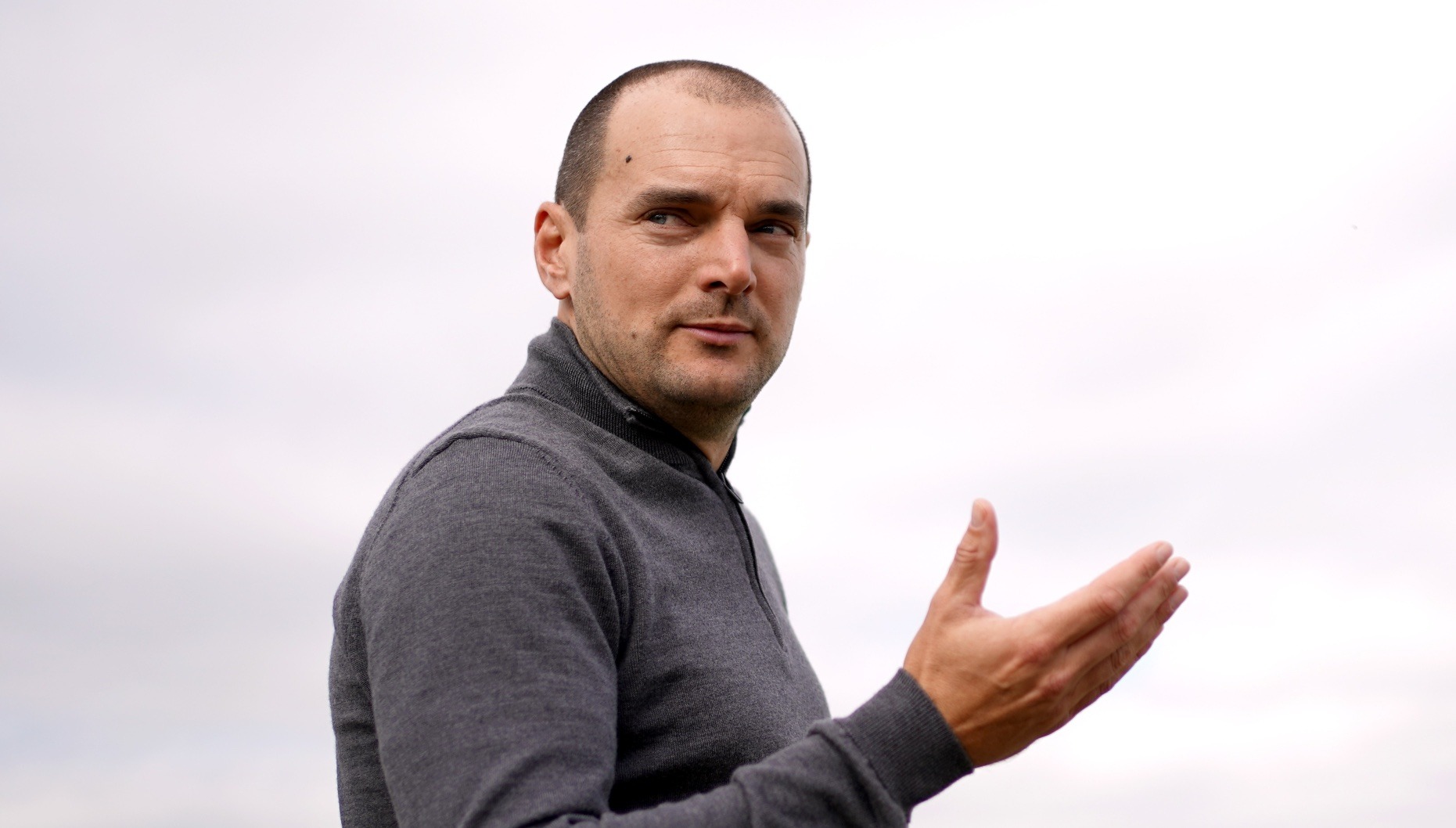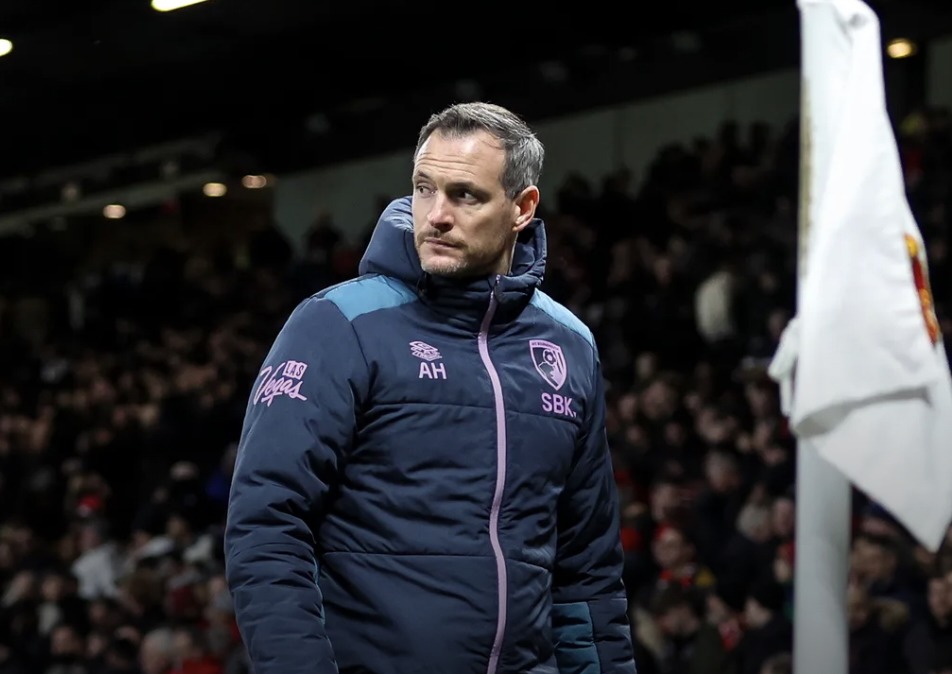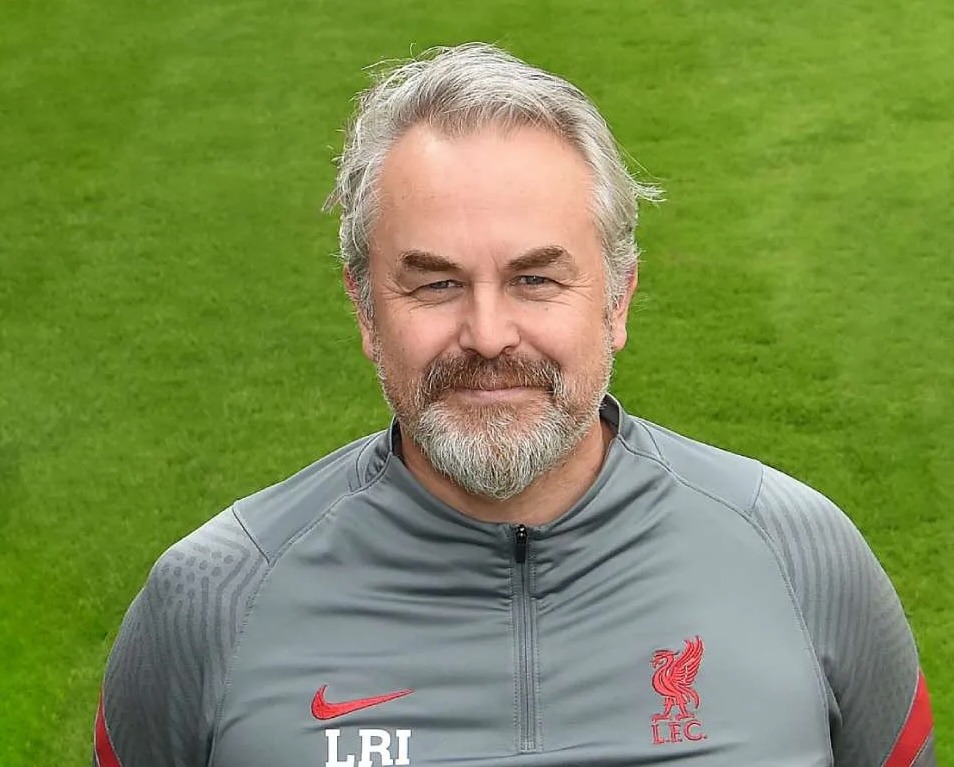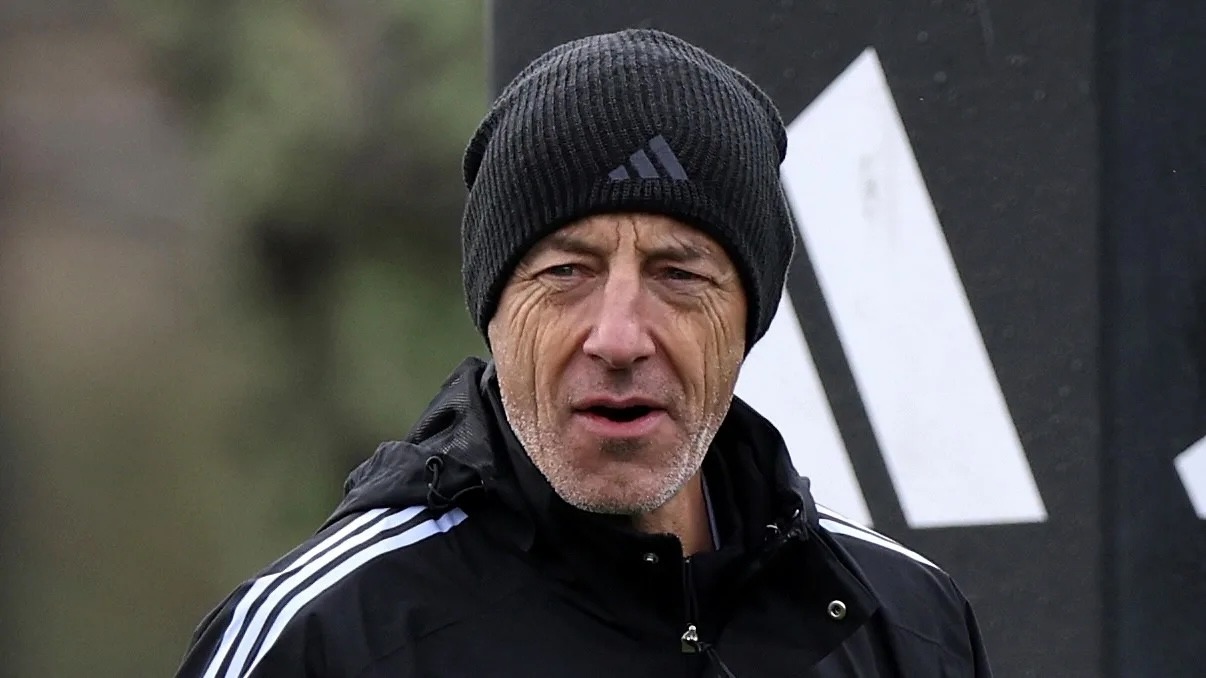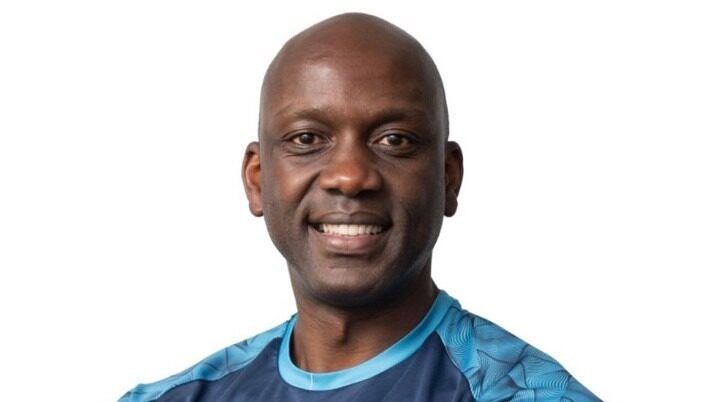
John Iga: Still horizon scanning after 25 years as performance pioneer
Written by
Simon Austin
August 8, 2024
John Iga has worked in football performance for more than 25 years, making him one of the forefathers of the industry, yet still he’s ‘horizon scanning.’
His most recent role – which he left a few weeks ago, after three years – was as Head of Data, Strategy and Innovation at Norwich City. That involved, “thinking about using data to develop a performance culture and having evidence-based conversations in everything we did.”
Iga says future-proofing is becoming increasingly important for clubs and that the most enlightened ones are well aware of this.
“Clubs at the highest level are recruiting people with this brief – of trying to anticipate the challenges of the future, bridge them and have strategies in place to give the best chance of success,” he explains.
The biggest challenge – and opportunity – concerns cognition.
“The game is being played at a higher intensity – with more sprint activity and high-speed running – than ever,” Iga says.
“The best players will be the ones who can make quick decisions under pressure, while having the technical ability to back this up. So how can we train the brains of footballers in order for them to make these quick and effective decisions?
“This is where tools like virtual reality and immersive training devices such as the Soccerbot will come into play.”
The Soccerbot is a “360-degree immersive environment” that is broadly similar to the Footbonaut used by Borussia Dortmund and is intended to help players develop their decision-making and technical skills. Norwich opened the Soccerbot at their training ground in 2001 and funded a PhD to both look into its efficacy and analyse its data.
One of the biggest innovations Iga has seen in football in recent seasons concerns the sharing of data. This may sound dry, but is of critical importance, he argues.
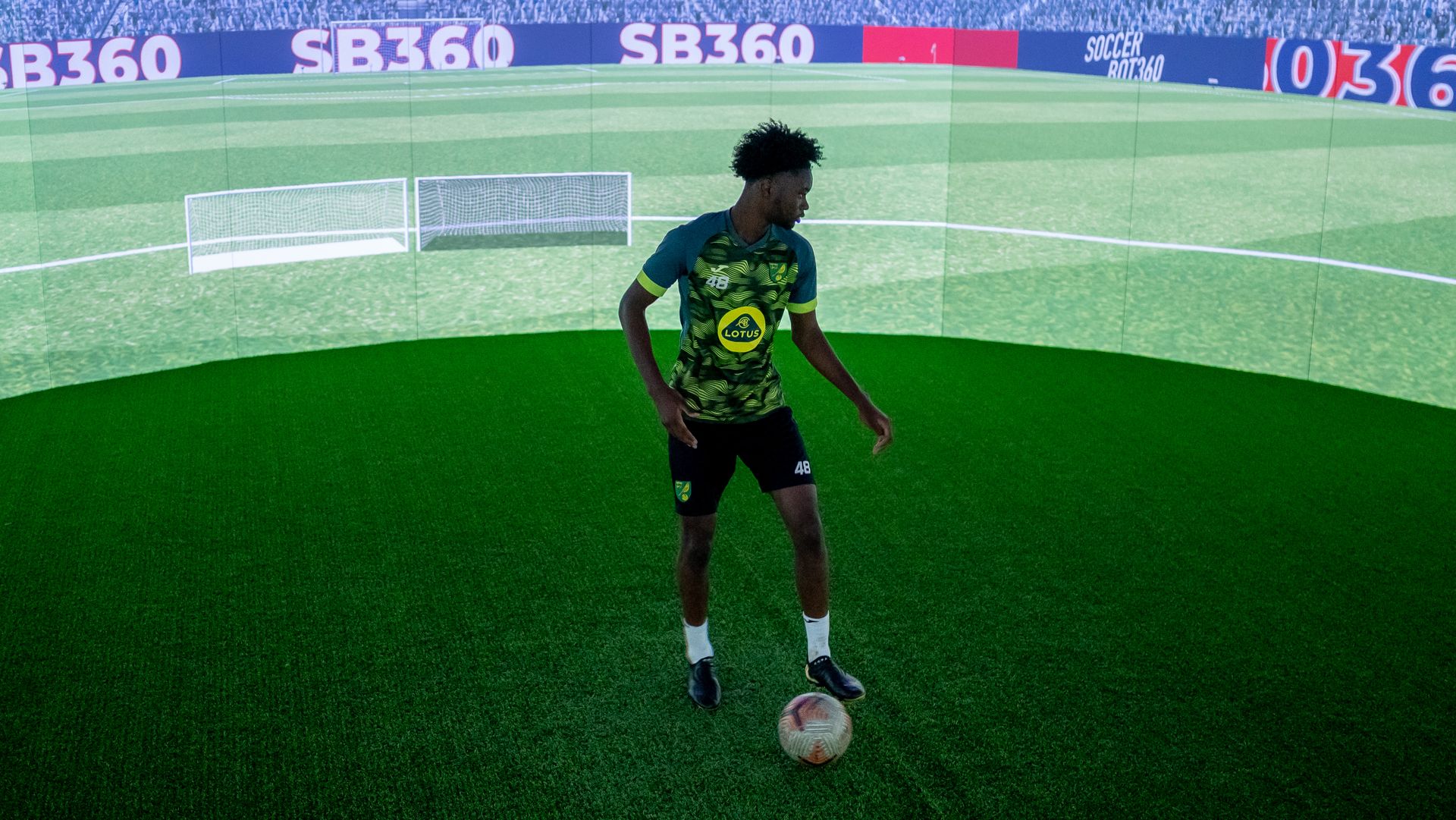
Norwich City's Soccerbot
“Often you see practice that is heavily siloed, which can result in duplication of workload and differences in how things are coded.” he says. “I always felt there was massive scope to integrate practice and use data as the conduit for that, bringing multiple sources together in one platform.
“It’s about making things as streamlined as possible and ultimately having one source of truth. That means having information stored centrally in one warehouse.
“Then different departments can talk about players using the same language – from Academy to seniors – and with that consistency you can see how to track players, in terms of the trajectory of their progress and how compare to others inside and outside the building.
“This can also help involve the players in their own learnings, helping them become more data-informed, empowering them in the conversations they have with coaches and also plan for their futures.”
Iga is proud of the work he did at Norwich and has plenty of good memories to take away from his three years with the club.
“I worked with some fantastic people, who helped me to move forward as a practitioner,” he says. “We had clear objectives at the outset – in terms of looking at how the team trained, working on perceptive-cognitive skill development and also developing staff – and I’d like to think we left a good legacy in all of those areas”.
He has used the last few weeks since leaving Norwich to “pause, reflect and plan” and is keen to move into something “that stretches me, allows me to develop and broadens my horizons,” which has been the story of his career to date.
PERFORMANCE PIONEER
Iga’s first steps into sports science were as an undergraduate on the Coaching Science course at Liverpool John Moores University.
“The course was quite unique, because it had a module in industry,” he recalls, “and that was what sold it to me.”
His work placement was at Tranmere Rovers, then in the second tier of English football, where he worked alongside Warren Joyce, who went on to become Manchester United reserves team boss, and Les Parry, who is now Loans Manager at United.
“I got the chance to learn from these brilliant people and apply those learnings into my working practices, which was invaluable,” he says.
Next was a PhD at the University, under the supervision of the legendary Tom Reilly, the country’s first Professor of Sport Science. Another of Reilly’s PhD students was Tony Strudwick, the future Manchester United Head of Performance who is now at West Brom.
After a couple of years as a lecture himself, Iga made the move into full-time football with Wolves, who were looking to develop their Academy sports science provision at the time.
“A lot of players coming through their programme weren’t making the leap to the first team, with robustness a big issue,” Iga explains. “The role was to build a sport science programme in the Academy, looking at S&C, monitoring and testing, and providing that golden thread from first team to Academy.
“We had to get in more practitioners to deliver across the three phases and recruited four nutritionists and did some really good work on psychology. Jez Moxey (the Chief Executive) backed us in funding an external company led by Simon Timson and Matt Thombs to help us design our psychology provision, and we ended up with a fantastic practitioner, Dave Young, who is now with Manchester City.”
"Callum Adams progressed as an intern, worked really hard to develop himself and now leads the S&C and IDP at Huddersfield Town."
John Iga
Under the leadership of Academy Manager Kevin Thelwell and Iga, Wolves were doing pioneering youth development work gained wider recognition.
“We went on to develop a BASES accreditation lab at the training ground – the first club in the country to do so – to make sure we had a strong evidence base for our work,” Iga says.
“We were invited to work with the Premier League to help craft and design EPPP. We had shared some of our work with Ged Roddy (then Head of Youth at the Premier League), who was impressed and invited me onto the Sports Science Advisory Group.
“Kevin Thelwell was also heavily involved, so we helped to design EPPP.”
After Wolves, England came calling. Iga spent three-and-a-half years as Head of Sports Science for the Football Association, helping build a programme that spanned men’s, women’s and youth teams.
“There was an element of coach education and the revamping of the previous Fitness Trainers Awards, A and Pro Licence, as well as writing content for the new Advanced Youth Award,” Iga explains. “I’m very proud to have been involved in that.”
He also provided match day support, mainly with the men’s U21s, which is where he worked with a young striker called Harry Kane.
“When I first started working with the 21s, at the start of the campaign for the Euros (in 2015), Harry wasn’t even a first choice and was fighting for a place in the starting XI,” Iga remembers.
“But you could see the commitment and dedication to his work. I remember speaking to Nathan Gardiner (Tottenham’s Head of Sport Science) on one of my club visits and he told me about the level of detail Harry was going into in his preparation – in terms of his nutrition, sleep, S&C, everything – and it was impressive.
“He had a mindset that he could ride adversity, make the most of what he had and was totally dedicated to his craft and profession.”
Although England went out in the group stages of the tournament, Kane went on to become a mainstay of the England senior side, with U21s boss Gareth Southgate becoming his boss again.
Between international camps, Iga used to visit clubs, to build relationships with their practitioners and learn about best practice. On one of these he was reacquainted with Stuart Webber, who had been coming into Wolves at the same time as Iga was leaving.
At the time, Webber was Head of Football Operations at Huddersfield Town and eventually he offered Iga the role of Head of Performance Services, leading all medical, sports science, nutrition and psychology functions at the club.
It was a chance Iga couldn’t turn down and he arrived in Yorkshire in April 2016, seeing out the final few weeks of a disappointing campaign that saw the Terriers finish 19th in the Championship.
That summer there was a complete overhaul, with a lot of early transfer activity and a pre-season training camp that has now achieved “mythical status”, in Iga’s own words.
“We flew out budget from Manchester on Ryanair and landed in Norway,” he remembers. “Then we had coach transfers to the camp, which was in the Swedish lake district.
“Mobile phones were taken away and we had to fend for ourselves, in terms of orienteering, canoeing to the camps, pitching our tents and cooking. That camp stripped everything back and ensured we were all humble, focused and bonded with one another.
“(Head Coach) David Wagner delivered some brilliant work to get across his coaching philosophy, in terms of his game plan, how he wanted to prepare and the values that he wanted to see in the players and staff. It was a fantastic piece of work and still sits with me today.”
That season, Huddersfield went from relegation favourites to promotion candidates, eventually going up after a thrilling Play-Off final victory against Reading at Wembley. Iga has been fortunate to work on many memorable games, but says that was the pick of the lot.
“It was the summation of the best part of 16 months of work between Stuart, David, myself and the rest of the staff” he explains. “A team that had finished near the bottom of the table won promotion on a shoestring budget, with a cosmopolitan playing group that had to gel very quickly.
“That was special and it wasn’t luck, it was a lot of planning and a lot of work delivering on the plan.”
Iga says it’s always been a personal passion to try and develop staff.
“I’m proud to have worked with so many early-career practitioners from diverse backgrounds, who have gone on to work in a variety of positions,” he says.
“These include Elliot Turner, who was a scholar at Wolves and has gone on to become Head of Performance at Stoke City; Kevin Enright, who worked with me at Wolves and the FA and who has gone on to have an excellent career as a lecturer; and Callum Adams, who progressed as an intern, worked really hard to develop himself, and now leads the S&C and IDP at Huddersfield Town.
“There are so many more individuals I could mention, and seeing them progress in their careers gives me so much personal satisfaction.”
Follow Us
For latest updates, follow us on X at @ground_guru
